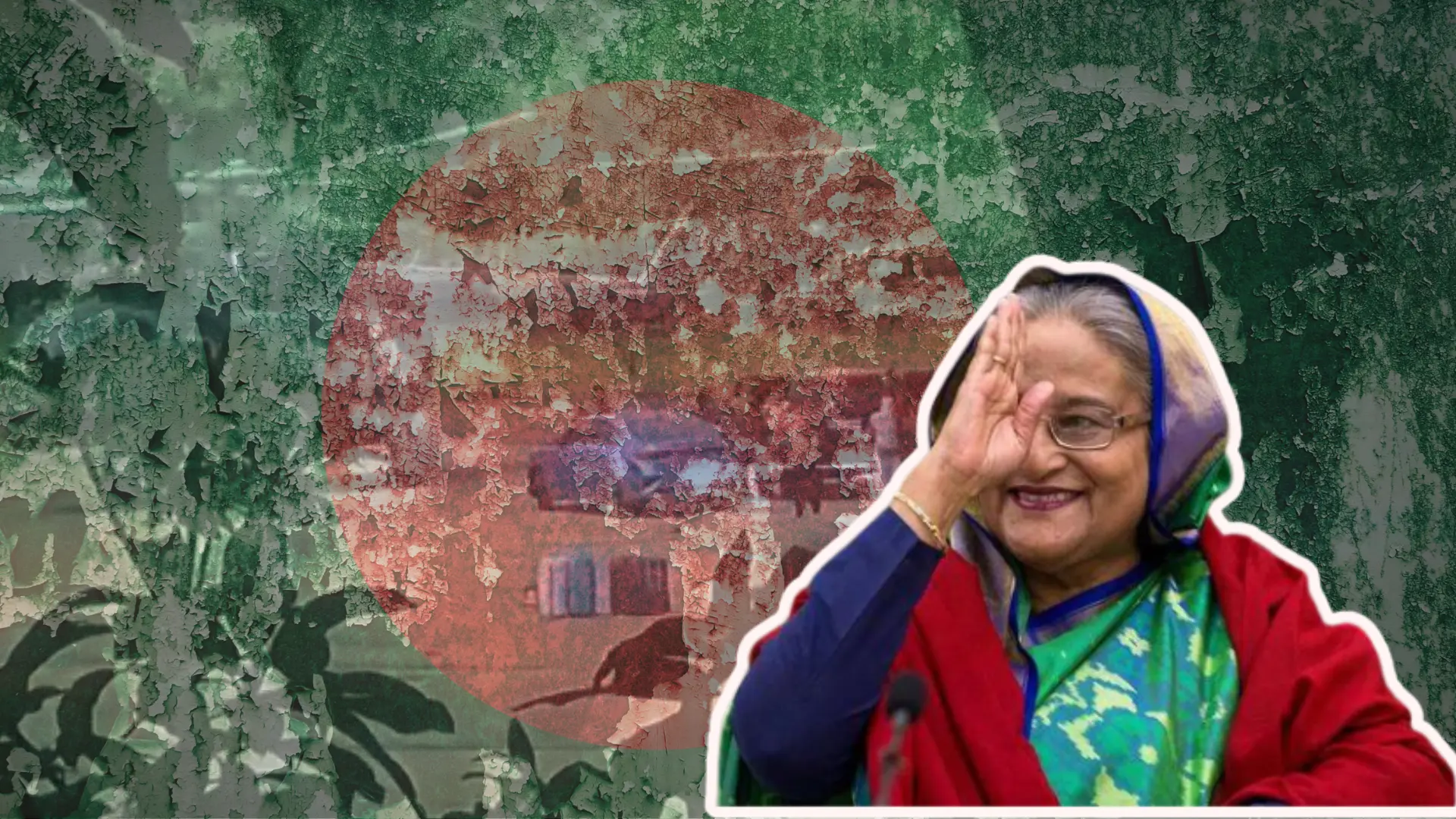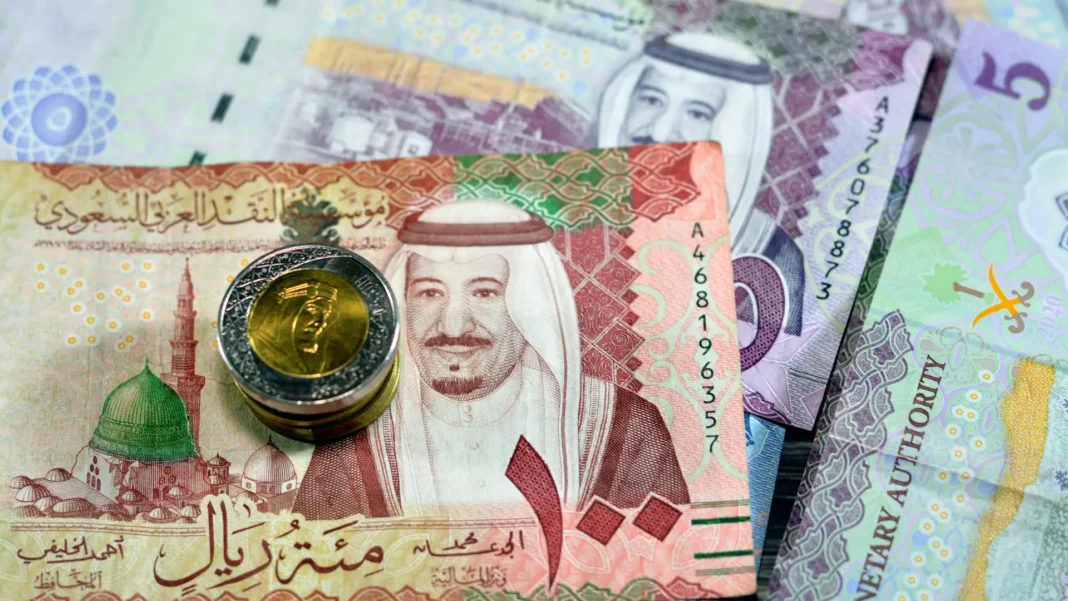Bangladesh’s Parliament Dissolution on Tuesday, following Prime Minister Sheikh Hasina’s resignation and subsequent flight from the country. The political landscape of Bangladesh has been dramatically altered by these recent events, setting the stage for significant changes in the country’s governance. The Events Leading to the Parliament Dissolution Protests Against Civil Service Job Quotas The unrest began last month with widespread protests against the civil service job quotas. These quotas were seen as unfair by many, particularly students, who felt that they were being denied opportunities based on merit. Escalation into Calls for Hasina’s Ouster What started as a protest against job quotas quickly escalated into broader demands, including the ouster of Prime Minister Sheikh Hasina. The dissatisfaction among the populace grew, fueled by a perception of governmental corruption and inefficiency. The Immediate Aftermath Student Leaders Set a Deadline In response to the escalating protests, student leaders set a deadline for the dissolution of parliament. They warned of a “strict programme” if their demands were not met, signaling their determination to
Topics
- Artificial Intelligence
- companies
- Construct 360
- E-Commerce industry
- Economy News
- Economy News
- Editor Choice
- Edtech industry
- energy industry
- Entertainment & Leisure
- Entrepreneurs
- Featured
- Fintech
- Funding News
- General News
- Government Policies
- Growth & Strategy
- Health & Wellness
- Healthtech
- industry
- Information & Communication Technology
- Lifestyle
- Management
- Management and Leadership
- Marketing & Branding
- Merger and Acquisition
- Money & Personal Finance
- News
- Oil and Gas
- Real Estate
- Sports and Productivity
- Start-up
- Technology
- Top 10 Listing Article
- Travel
- Women
More
Popular Categories




